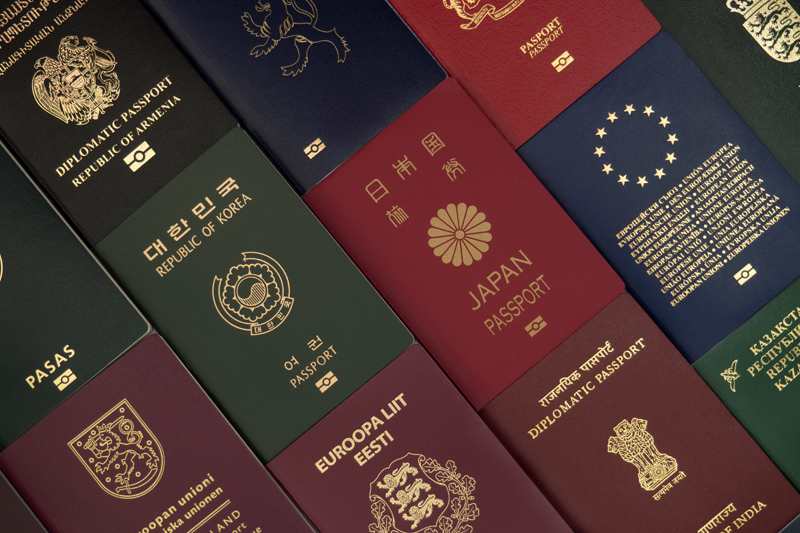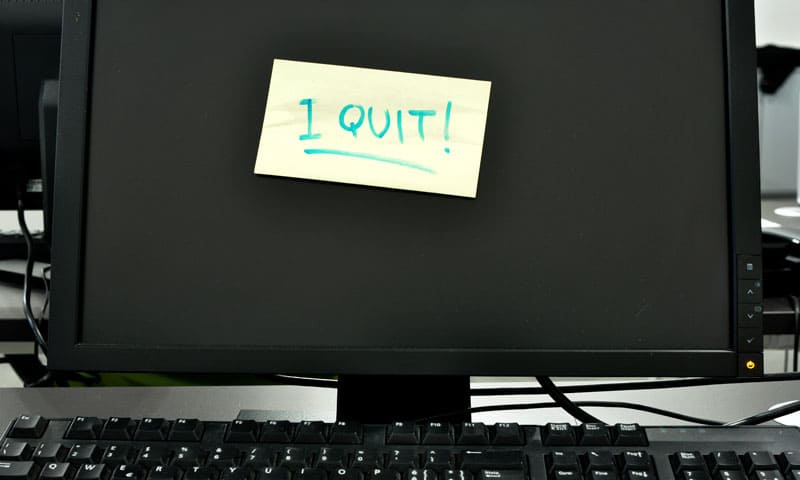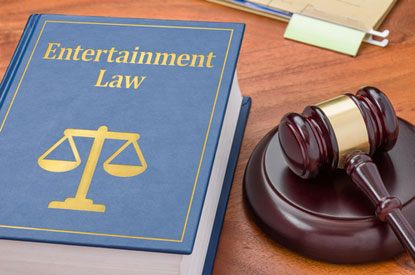
Suffolk Graduates Paving the Way in Massachusetts Judicial System
Suffolk University Law School, nestled in the heart of Boston, has quietly become a powerhouse in the local legal landscape. Its impact is most pronounced in the Massachusetts judicial system, where a significant portion of the state’s bench comprises Suffolk alumni. A review conducted by the school revealed that as of 2021, 118 out of the 440 judges in Massachusetts hailed from Suffolk University Law School.
Alumni at the Pinnacle
Suffolk’s influence extends to the highest echelons of the state’s legal system, with three out of the seven justices on Massachusetts’ highest court being Suffolk alumni. Additionally, Judge Gustavo Gelpí represents the school at the US Court of Appeals for the First Circuit. Beyond the judiciary, Suffolk alumni hold key positions in various sectors. Notable figures include Secretary of State Bill Galvin, Chief Public Defender Anthony Benedetti, University of Massachusetts President Marty Meehan, and nearly 100 partners at Boston’s premier law firms, all proudly bearing Suffolk degrees, according to Leopard Solutions data.
Academic Rankings vs. Local Impact
While Suffolk University Law School excels in its local influence, it occupies a different position in academic rankings. According to the US News & World Report rankings, it ranks fifth among law schools in the Boston area, trailing behind Harvard, Boston University, Boston College, and Northeastern. Nationally, it finds itself in the bottom third of law school rankings.
Want to know if you’re earning what you deserve? Find out with LawCrossing’s salary surveys.
Local Retention in a Competitive Market
Retaining local graduates is crucial for Boston, a city that faces stiff competition from larger legal markets like New York and Washington, D.C. Boston struggles to attract attorneys from across the country, making the contribution of Suffolk’s graduates all the more vital. According to Andrew Glynn, a managing director at legal recruiting firm Major, Lindsey & Africa, Boston doesn’t often top the list for attorneys seeking exciting opportunities.
Suffolk Graduates: Committed to Massachusetts
One distinguishing feature of Suffolk’s graduates is their commitment to Massachusetts. In 2022, 73% of Suffolk graduates secured their first-year jobs in the state, as per data compiled by the American Bar Association. This contrasts with other Boston law schools such as Boston University, Northeastern, and Boston College, where fewer graduates chose to remain in Massachusetts.
A Cycle of Public Service
Suffolk’s dominant presence in the Massachusetts judiciary has created a self-perpetuating cycle. Prospective students keen on public service careers are drawn to the institution. Suffolk professor Chris Dearborn, who leads the school’s public defender program, highlights {Suffolk’s role in producing lawyers dedicated to public service. State Senator John Cronin, a Suffolk alum, underscores the school’s reputation for nurturing lawyers with distinguished careers in public service.
A Focus on Practical Training
Dean and professor at Suffolk, Andrew Perlman, emphasizes the school’s founding mission to train practice-oriented lawyers. Suffolk provides experiential programs that immerse students in real-world legal scenarios, equipping them to “hit the ground running.”
Diverse Backgrounds and Real-world Experience
Suffolk students come from diverse socioeconomic backgrounds and often work during their time in law school. This drives many of them toward roles in district attorney’s and public defender’s offices.
Prime Location for Aspiring Lawyers
Suffolk’s prime downtown location, a mere five-minute walk from the Supreme Judicial Court, offers students unparalleled opportunities. Judges often select clerks from the law schools where they teach or attend, fostering an environment of mentorship.
Transforming Scientists into Lawyers
Beyond its contributions to public service, Suffolk has played a pivotal role in fulfilling a growing demand in Boston’s legal landscape: converting scientists into lawyers, particularly for biotech clients. The school offers a nighttime program in intellectual property law, attracting professionals with science backgrounds. Local firms, including Foley Hoag LLP and Foley & Lardner LLP, have actively hired individuals with doctorates in science and sponsored their attendance in Suffolk’s evening program.
Technical Expertise and Networking Opportunities
Suffolk’s unique position as a hub for technical specialists has created valuable networking opportunities. Graduates with science backgrounds, like Andrew Ehle and Nicole Sassu, now practicing attorneys, are sought after for their ability to bridge the gap between science and law.
In a city where legal giants loom large, Suffolk University Law School is a testament to the enduring power of local influence and a commitment to producing academically accomplished and dedicated to serving their community.
Don’t be a silent ninja! Let us know your thoughts in the comment section below.











































